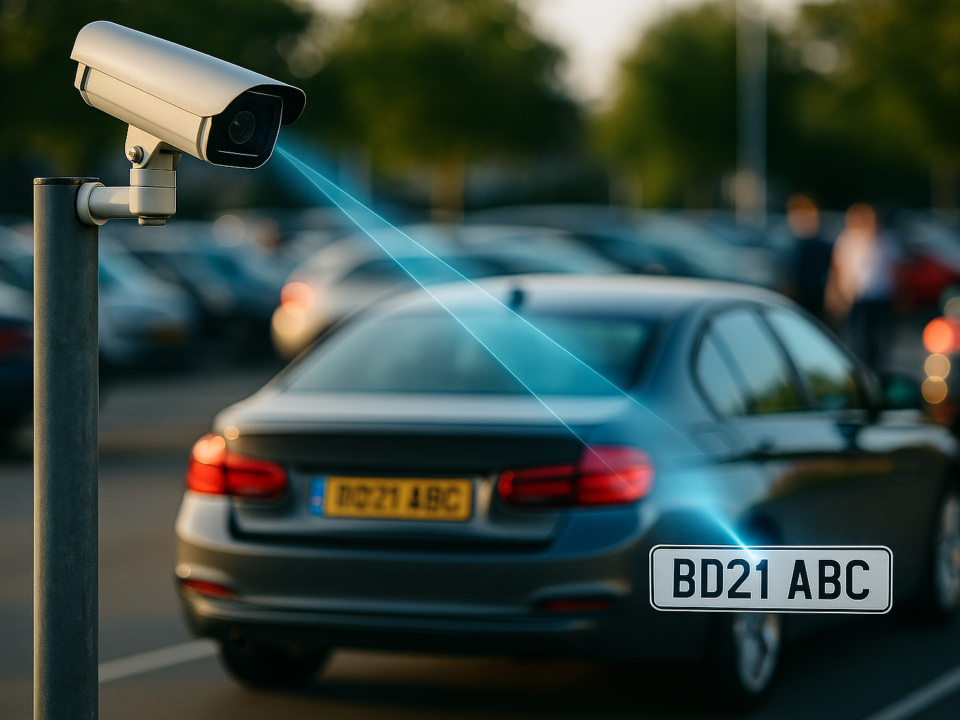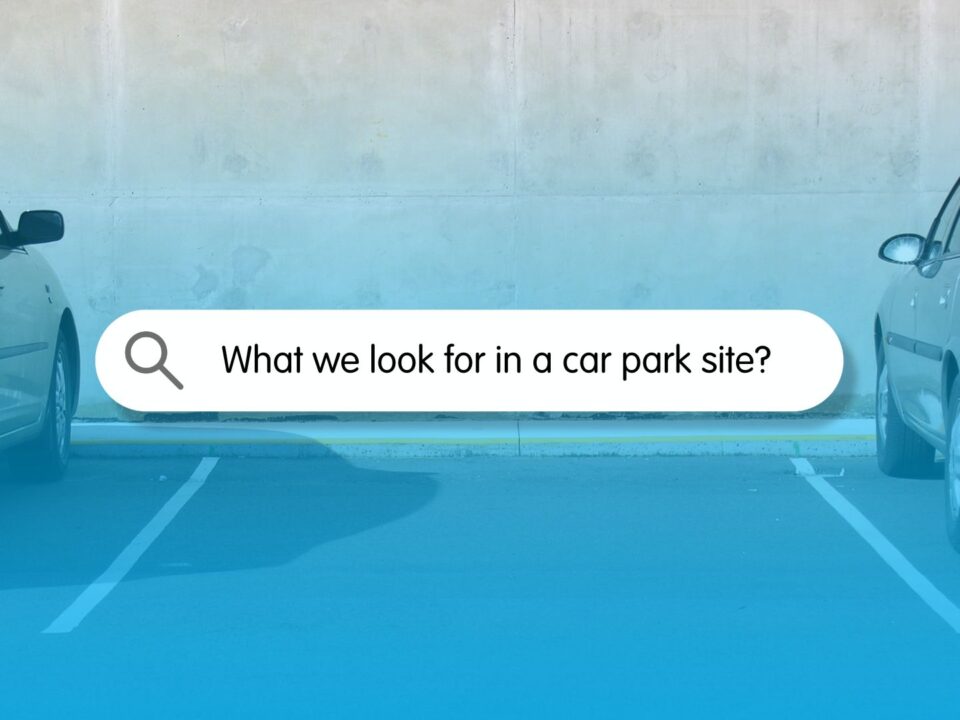What’s Your Car Park Really Worth? The Business Case for Car Park Management

No Pain, No Gain? Why Gym Parking Shouldn’t Be the Hardest Part of a Workout
26/02/2025
When is a Barrier Not a Barrier? When it’s the Problem, not the Solution.
19/03/2025The Value Hidden in a Car Park
Most businesses see their car park as a necessity rather than an opportunity. It’s just there - people park, they leave, and as long as spaces are available, there’s nothing to think about.
But a car park is not just empty space. When it’s well-managed, it brings in more customers, keeps them coming back, and ensures that spaces are being used by the right people, at the right time. When it’s left to run itself, that same car park can become an unseen liability - one that slowly chips away at revenue, frustrates visitors, and puts people off returning.
How often do customers tell you they “couldn’t find a space” and gave up? Have you ever noticed the same cars sitting there all day, yet footfall hasn’t increased? These problems are rarely obvious at first, but over time, they add up.
A car park that works for your business makes life easier for customers and encourages more visits. A car park that works against you does the opposite.
Let’s take a look at what happens when car parks are left unmonitored - and why businesses that take control of theirs see an immediate difference.
Lost Customers, Missed Revenue
For every customer who mentions that parking was difficult, there are likely many more who simply never returned. Some will have tried to visit but found no available spaces. Others may have heard from friends or online reviews that parking is a hassle and chosen to go elsewhere.
These are the losses that businesses don’t always see. Unlike a bad service experience, where a customer might complain, parking frustrations are usually silent. People won’t queue at reception to say they couldn’t park - they’ll just go somewhere easier.
If a car park is being used inefficiently - whether that’s because of long-stay vehicles, unauthorised parking, or poor turnover - it directly limits the number of paying customers that can visit. Over time, that affects revenue, customer loyalty, and reputation.
A Full Car Park Is Not Always a Successful One
If every space is taken, the assumption is often that business is thriving. But a busy car park doesn’t necessarily mean paying customers are inside.
Commuters may be using the car park as free parking while they head to work elsewhere. Shoppers may be visiting nearby businesses, taking advantage of your spaces without contributing to your footfall. Local residents may have started leaving their cars overnight, knowing there’s no enforcement in place.
Meanwhile, your genuine customers are struggling to find a space. Some will wait, but many won’t. They’ll drive elsewhere, possibly to a competitor where parking is easier.
The problem is that businesses often don’t realise the impact until they start tracking car park usage. They assume their spaces are being used as intended, when in reality, a large proportion may be occupied by non-customers.
Without structured car park management, these patterns become habits. The longer they go unaddressed, the harder they are to reverse.

The Impact on Reputation and Customer Experience
Car parks are rarely the main reason people choose to visit a business - but they can be the reason they stop coming.
If parking is unreliable, inconvenient, or frustrating, it becomes part of the experience. And once parking is a problem, it’s often one of the first things people mention in reviews and recommendations.
A quick search online often reveals patterns in customer feedback:
- “Good service, but impossible to park.”
- “Would visit more often, but never any spaces.”
- “I tried twice and gave up both times.”
These are the kinds of issues that put people off visiting altogether. And worse, they stick. Even if the car park is later improved, it can take time to rebuild trust and change perceptions.
A well-managed car park quietly improves customer experience. People don’t think about it when it works well - but they notice immediately when it doesn’t.
How Car Park Management Helps Businesses Grow
The right car park management system is not just about preventing unauthorised use. It is about making sure spaces are available for the people who need them.
When a car park is managed properly, businesses see:
- More visits, more often – Customers return when they know parking will be easy.
- Better dwell time – When visitors don’t have to rush, they stay longer and spend more.
- Fewer customer complaints – A smooth parking experience makes a strong first impression.
Good car park management isn’t about making things difficult - it’s about keeping access fair, predictable, and hassle-free.
Practical Car Park Management That Works
Some businesses hesitate to introduce car park management because they assume it means strict enforcement, fines, and unhappy customers. But modern systems are designed to be simple, fair, and customer-friendly.
One of the most effective approaches is Scan & Stay, a validation system that ensures only genuine visitors are using the car park. Customers simply:
- Scan a QR code inside the venue.
- Enter their vehicle registration.
- Park without disruption.
This approach removes the need for tickets or physical permits while preventing unauthorised use. It also reduces the time staff spend handling parking-related complaints.
By introducing structured car park management, businesses can improve customer access, protect revenue, and avoid the common pitfalls of unmanaged car parks.
Is Your Car Park Helping or Hindering Business Growth?
A well-managed car park encourages footfall, improves customer experience, and supports long-term growth. An unmanaged one can do the opposite.
For businesses unsure whether car park management is needed, a few key questions can help:
- Are customers ever mentioning parking problems in reviews or feedback?
- Are there times when spaces are full, but footfall isn’t increasing?
- Are staff spending time dealing with parking complaints?
- Could turnover increase if parking was easier and more predictable?
If any of these apply, structured car park management is not just an operational fix - it’s a business decision. Ensuring spaces are available for the right people is one of the simplest ways to support revenue, reputation, and customer loyalty.






